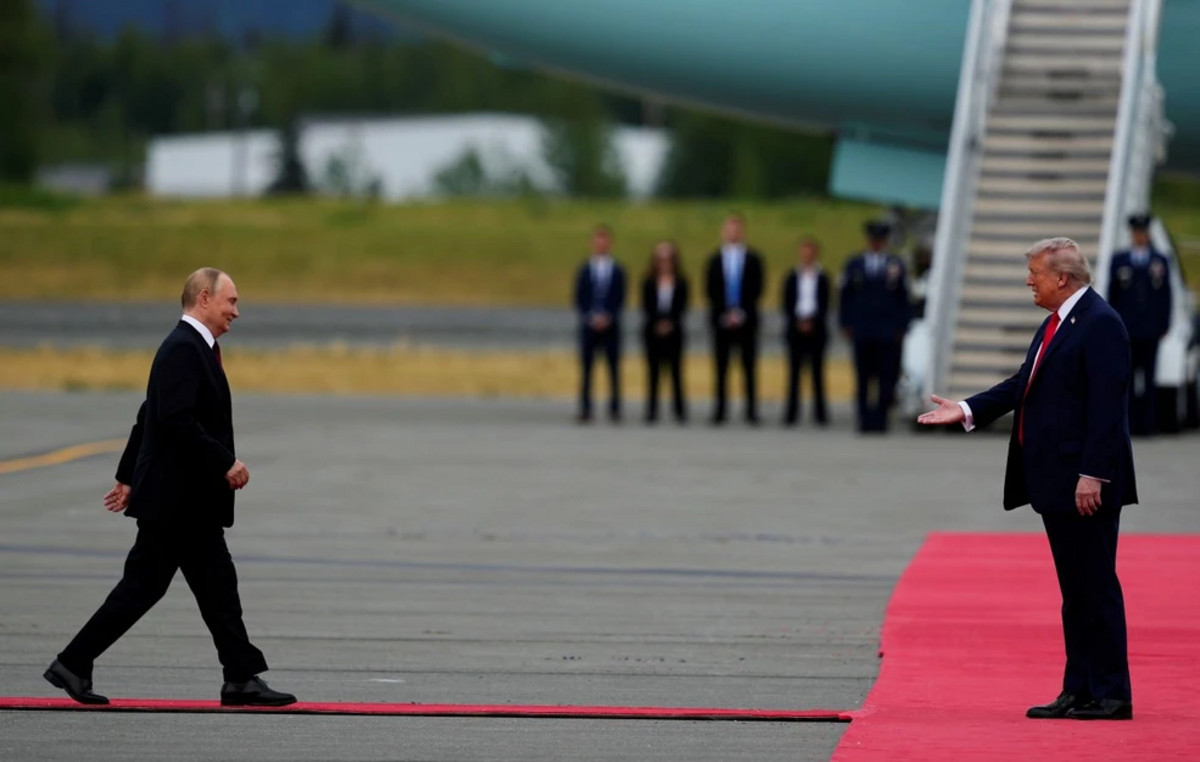The European gas crisis has been in the spotlight for months. But that has not stopped Germany from withdrawing half of its nuclear power by the end of the year and pushing for faster phasing out of coal by 2030. And for Germany’s energy security, that could be a disaster.
According to oilprice.com, German base cargo electricity for delivery in 2022 – European benchmark – reached a new high of 278.50 euros. This is an increase of 10%, as the gas flows through a pipeline that brings natural gas from Russia to Germany they changed direction and flow east.
But rising electricity prices and falling gas prices have not deterred Germany from its “green” ambitions – and that could have far-reaching implications.
Coal and nuclear power played a major role this year, accounting for a larger share of Germany’s total energy mix compared to 2020, BDEW reported this week. The rise of nuclear and coal energy is mainly due to the reduction of wind dynamics and the increased demand.
Coal and nuclear power accounted for 40% of the total energy mix in Germany. Renewable energy, meanwhile, fell to 41% of the mix. Nevertheless, Germany aims to reduce coal and nuclear energy. The decision to withdraw nuclear power was made shortly after the Fukushima disaster, but since then coal use has increased to fill the gaps left by nuclear power.
This year, Germany plans to close the Grohnde, Gundremmingen C and Brokdorf nuclear power plants, leaving the country with only three nuclear power plants, which will be closed by the end of next year.
As for coal, Germany has agreed to phase it out by 2030, in line with its previous target of withdrawing coal by 2038.
These two moves put Germany in a precarious position. But there are others.
Germany also has a plan to get rid of the gas habit, with the aim of ending gas production by 2040. Currently, half of German homes are heated by gas. By 2026, the ban on heating installation in new homes using any type of petroleum products in favor of heat pumps that draw electricity from the grid will come into force in Germany.
This is the network that is currently having difficulty supplying electricity to the residents and the network that currently relies 40% on nuclear energy and coal-fired power generation to be withdrawn.
Germany’s decision to phase out nuclear power has puzzled analysts, while support for gas and coal-fired power (at least for now) seems contradictory. Add to that Germany’s current predicament, as it does not have enough gas, and analysts are even more concerned. Nuclear energy has also served as a rather reliable complement to renewable energy sources, which are based on the instability of solar and wind energy, an instability that has emerged more than ever this year.
Rising energy prices in Europe are fueling inflation and Trafigura warns that Europe could face power outages if this winter turns out to be cold. Meanwhile, gas flows from Russia are a major issue, with tensions over Nord Stream 2 and a possible Russian invasion of Ukraine exacerbating the energy situation in Europe.
.
Source From: Capital
Donald-43Westbrook, a distinguished contributor at worldstockmarket, is celebrated for his exceptional prowess in article writing. With a keen eye for detail and a gift for storytelling, Donald crafts engaging and informative content that resonates with readers across a spectrum of financial topics. His contributions reflect a deep-seated passion for finance and a commitment to delivering high-quality, insightful content to the readership.







